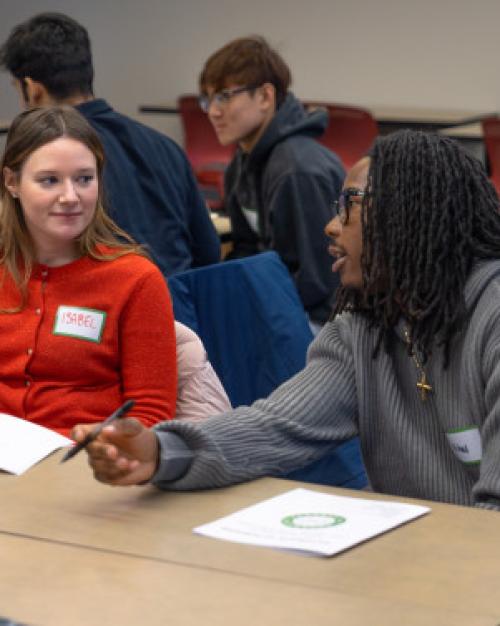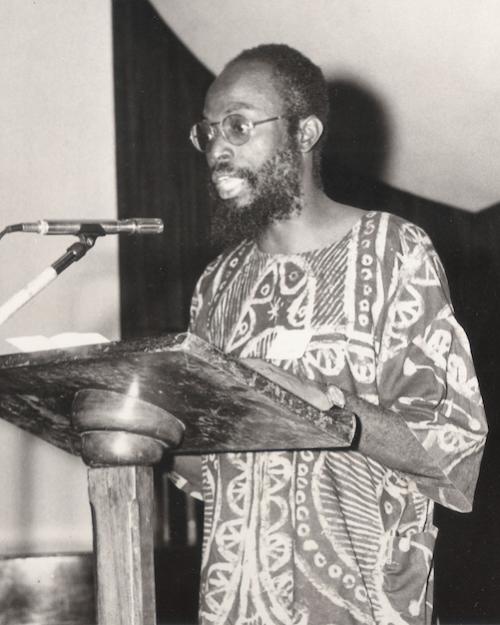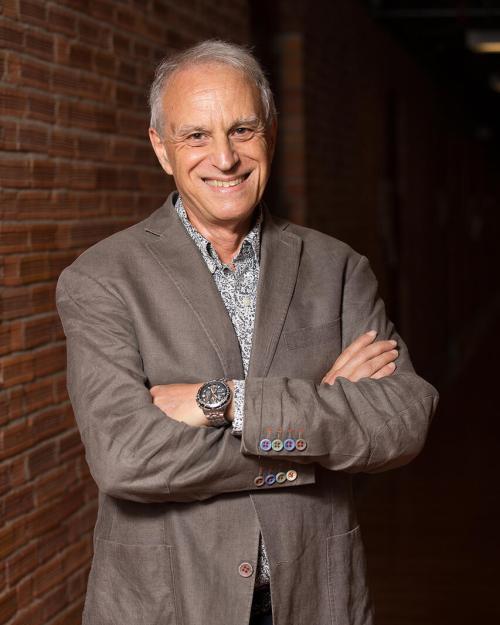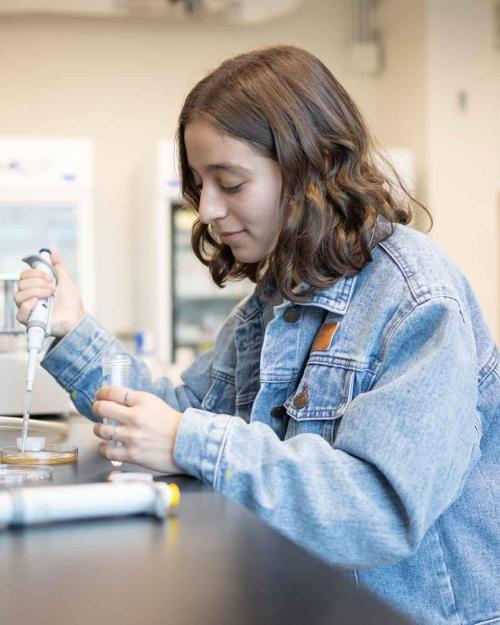Margaret Keymakh ’23 remembers well the day when her assays starting returning the results she was hoping for – and how excited she was when her replications of those experiments corroborated those findings.
“I was doing this experiment getting real data that matched what we had expected by reading through the literature,” she said. “I just wanted to get some good work done in the lab, but it was clear that this was something of note that we could write about.”
That study, in the lab of Brooks Crickard, an assistant professor of molecular biology and genetics, was recently published in a paper in PLOS Genetics, where Keymakh is named as first author.
Her study relates to information stored in DNA and how organisms pass that genetic information to progeny. Keymakh worked with Rdh54, a gene involved in protecting genomic integrity, to understand how it regulates the amount of sequence information lost or exchanged between DNA molecules during a process called homologous recombination.
The results could help scientists looking for treatments for patients in need of genetic repair, including cancer patients whose DNA strands may be broken or damaged, Keymakh said.
“This is the first time we’ve done a genetic assay in this lab,” Crickard said. “It helped propel us into being able to do more of these types of assays, and it complements a lot of the other techniques we do.”
Keymakh began work in the Crickard lab in the fall of 2020 as a sophomore. The summer after that year, she stayed in Ithaca to work on this experiment. Her summer work was supported by a Summer Experience Grant from the College of Arts & Sciences, as well as a BioSIP grant from the Office of Undergraduate Biology.
This semester she is working of a new series of experiments with the same protein Rdh54. She is one of five undergrads working in Crickard’s lab, and one of more than 4,000 undergrads at Cornell earning credit for research each semester. Crickard said Cornell strongly supports undergrad researchers, with lots of efforts under way to make it even easier for undergrads to find research projects.
Keymakh, who’s from New York City, said she became interested in biology in high school and volunteered at a lab at Mt. Sinai Hospital that studied hepatitis C by working with ferrets. At Cornell, she’s concentrating in microbiology, but has various interests including genetics and molecular biology. She’s in the process of medical school interviews and plan to start medical school next year.
She’s also part of the iGEM student team, which focuses on projects relating to synthetic biology, and she worked at Cayuga Medical Center this past summer as a nursing assistant.




